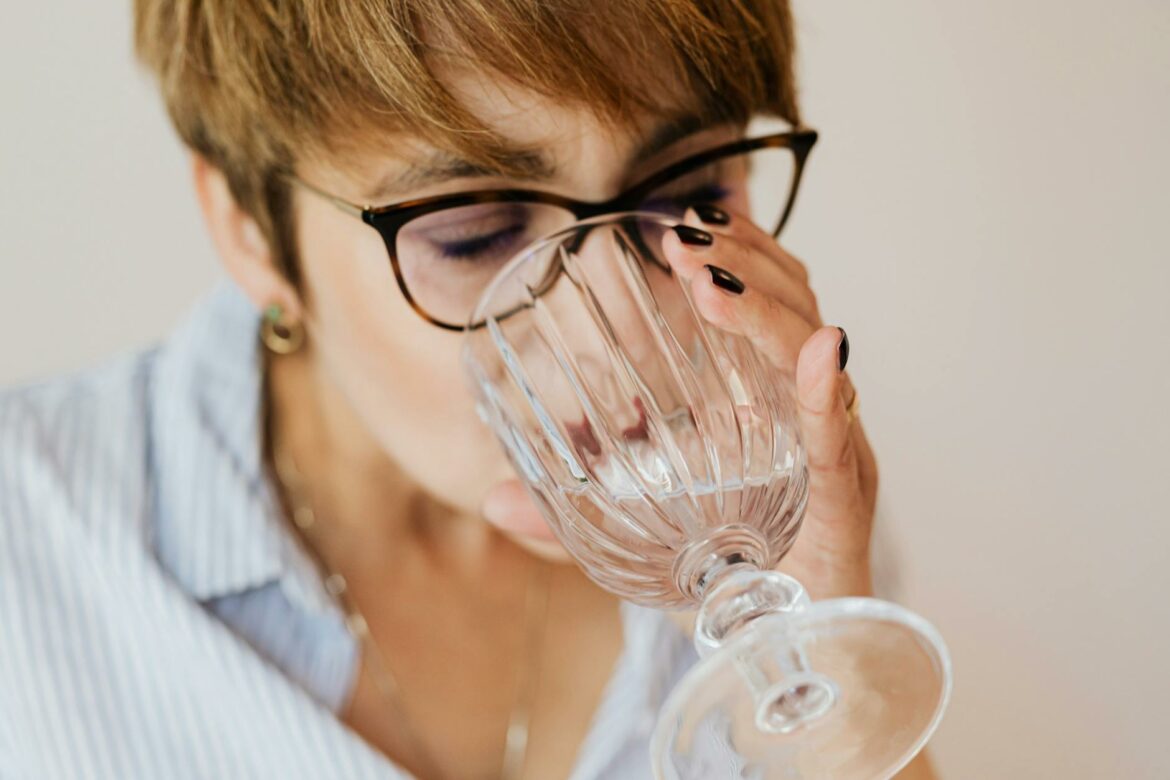Imagine standing on a sun-drenched beach, the scent of salt lingering in the air, and the sound of crashing waves echoing in the background. You’re sipping on a refreshing drink, the condensation forming beads on the cool glass as the sun warms your skin. Every so often, you catch a glimpse of families playing frisbee, joggers pounding the pavement, and kids splashing around in the shallows—all of them, unwittingly or not, navigating the often confusing waters of hydration myths. The truth is, many of us may not fully understand how hydration works, despite its central role in our health and well-being.
Let’s dive into some of the most pervasive hydration myths out there, peeling back the layers with current data to reveal what we should truly know about keeping ourselves hydrated.
One of the most prevalent misconceptions is that everyone should drink precisely eight glasses of water a day. This “8×8” rule is commonly heard, but it simplifies a much more intricate issue. The truth is, hydration needs are as unique as the individuals themselves. Factors such as age, weight, activity level, and even climate play a critical role in determining how much fluid a person requires. According to a report from the National Academies of Sciences, Engineering, and Medicine, men need about 3.7 liters (or around 13 cups) of fluids per day, while women require about 2.7 liters (approximately 9 cups). But here’s the kicker: these recommendations include all fluids consumed, not just plain water. This means you get hydration from other beverages like tea and coffee, as well as from foods like fruits and vegetables. So, if that refreshing watermelon you’re munching on has high water content, it’s contributing to your hydrating efforts!
Another common belief is that you can only hydrate effectively with water. While it’s undeniable that water is a vital component of your hydration strategy, it’s not the only option available. Electrolyte drinks, herbal teas, and even broths can be fantastic sources of hydration. For instance, coconut water has gained popularity for its natural electrolytes, providing a hydrating boost after a workout. Additionally, consider the effectiveness of sports drinks; they are designed to replenish fluids and electrolytes lost during excessive sweating. However, moderation is key, as many brands are loaded with sugars that should be consumed sparingly.
Let’s talk about the idea that if you’re thirsty, it means you’re already dehydrated. This notion has some truth but can also be misleading. Thirst is a physiological response that signals the body’s need for hydration, yet it isn’t always a reliable indicator of hydration status, especially in older adults. Research suggests that as we age, our thirst sensation diminishes, causing older individuals to be at a greater risk for dehydration. So, while thirst is a cue, it shouldn’t be the sole marker for whether or not you should drink. Ideally, we should aim to preemptively hydrate rather than reactively chug water only when our bodies cry out for it.
Speaking of hydration cues, here’s another widespread myth: the belief that clear urine is a foolproof sign of proper hydration. While it’s true that well-hydrated urine tends to be on the lighter side of the color spectrum, urine color can be influenced by various factors like diet, medications, and even exercise. For example, consuming beets might lend your urine a reddish hue, and multivitamins can give it a bright yellow tint. Instead of focusing solely on the color, it’s more beneficial to consider a holistic view of your body’s signals. Factors such as how you feel, fatigue levels, and how often you need to relieve yourself are all essential components of understanding your hydration status.
As we probe deeper into hydration myths, we encounter the belief that caffeine and alcohol are dehydrating agents. Yes, these substances do have a mild diuretic effect, leading to an increase in urine production. However, research shows that the diuretic properties of caffeine diminish with regular consumption, essentially meaning that if you drink coffee daily, your body becomes more accustomed to it. The same goes for alcohol; while excessive consumption can lead to dehydration, moderate intake, especially when balanced with water, can mitigate this effect. It’s crucial to remember that moderation is key, and pairing drinks with plenty of water can help maintain hydration levels.
In the fitness community, there’s a belief that you must drink water every 15 minutes during your workout. While staying hydrated during exercise is vital, the exact amount varies based on the intensity and duration of the activity. According to the American Council on Exercise, individuals should aim for about 17 to 20 ounces of water two to three hours before exercising, followed by 8 ounces during the warm-up. During a workout, the goal is to drink as much as you lose in sweat, which can vary from person to person. Keeping track of your body’s responses and adjusting your intake accordingly is much more effective than following rigid time frames.
Lastly, let’s touch upon the myth that hydration isn’t necessary unless you’re feeling sick. The reality is that hydration is crucial for overall health, regardless of whether you’re under the weather. Staying hydrated bolsters various bodily functions, including digestion, metabolism, and even cognitive performance. In fact, mild dehydration can affect mood and energy levels, making you feel sluggish and irritable. Regular hydration can enhance your resilience against illness, making it especially important during cold and flu seasons.
Navigating the labyrinth of hydration myths can be complex, but the journey is worth it. By understanding the nuances behind these beliefs, we empower ourselves to make informed choices about our health. Remember, hydration isn’t just about chugging water; it’s about understanding your body, listening to its cues, and making conscious decisions that align with your unique needs. So, next time you’re basking in the sun on that beach, you’ll not only enjoy your drink but also appreciate the intricate dance of hydration taking place within you.

